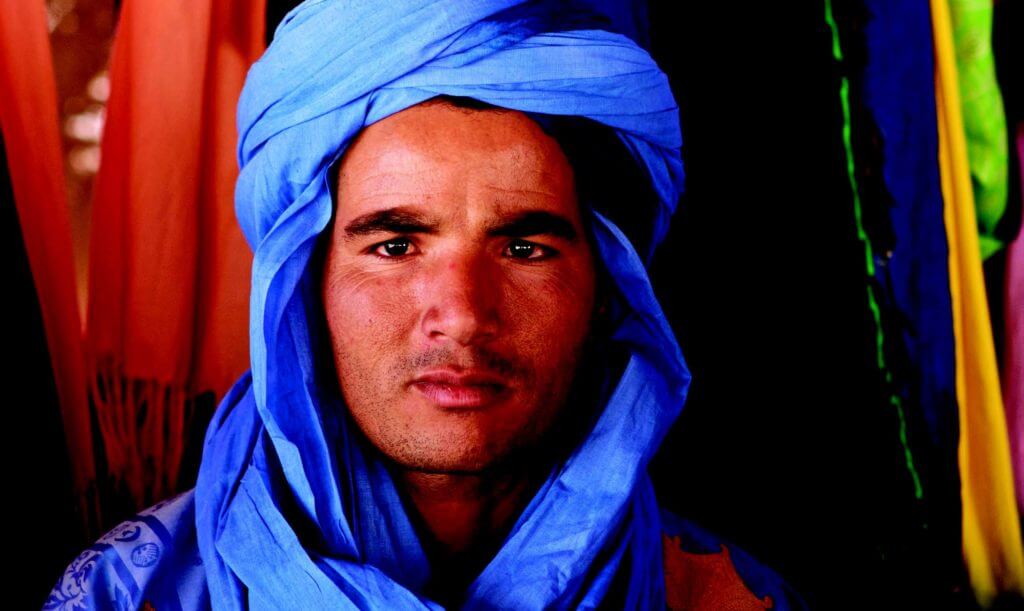People Groups: Imazighen
By AfriGO Team

People Groups: Imazighen
The Imazighen are the original people of North Africa. Their culture and civilisation have thrived for more than 4,000 years.
In their language, Imazighen means ‘men who are free’. However, they are often called Berbers, a name given by Arab conquerors in the sixth and seventh centuries. Today, most of them are Muslim.
The Imazighen regard their Tamazight language to be of divine, even sacred, importance. There are many dialects. Neither the language nor their script are related to Arabic, but to the Chadic language family.
Their indigenous land, called Tamazgha, extends from the Canary Islands in the Atlantic Ocean across Morocco, Algeria, Tunisia, Libya, Western Sahara, Mauritania and parts of Egypt, Mali and Niger.
About 80 per cent of the people in Morocco and Algeria are of Imazighen descent; more than 60 per cent in Tunisia and Libya; and two per cent in Egypt. In total, there are around 40 million Imazighen.
Imazighen arts are mostly crafted by women and include jewellery, weaving, pottery and leatherwork. Their distinct Kabyle music features a variety of unique drums, stringed instruments and a type of bagpipe.
Though marginalised for a long time, they are beginning to be recognised. In Algeria, official government communications were distributed in Tamazight alongside Arabic for the first time in 2018. Th e government now also recognises the Amazigh New Year as a public holiday.
At a Glance
- They are the original people of North Africa, living there for 4,000 years.
- Imazighen culture and language are becoming recognised alongside Arabic.
- Most Imazighen are Muslim.
- Their land once extended from the Atlantic Ocean to Egypt, and they are still found in every country in this region.
Pray
- That the truth of Jesus Christ will be revealed to the Imazighen.
- That their neighbours of Arab descent will also encounter Christ, that they will dwell together in unity as brothers. (Psalm 133:1)
- For churches in North Africa to reach more Imazighen with the gospel in relevant ways.
